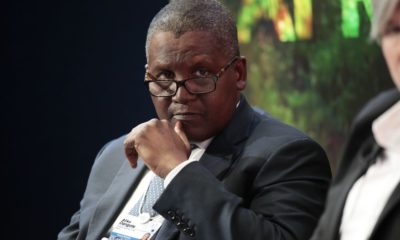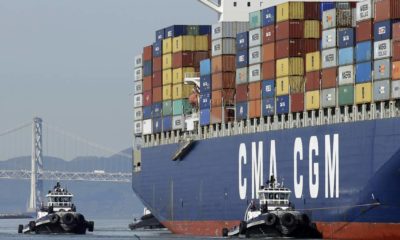Recent data from the International Trade Center (ITC) has unveiled a disconcerting trend for Nigeria as the country’s expenditure on imported phones, generators, electrical transformers, and other electrical equipment skyrocketed to a staggering $10.26 billion over the past three years.
This surge in electrical imports comes at a time when Nigeria is grappling with falling foreign exchange reserves, further exacerbating economic challenges.
The data, obtained from the National Bureau of Statistics and the United Nations COMTRADE, reveals that Nigeria’s electrical importation bill experienced an 11.90 percent increase from $3.09 billion in 2021 to a whopping $3.47 billion in 2022 alone.
The persistent growth of this import bill paints a concerning picture for the country’s economy, particularly as foreign exchange reserves continue to dwindle.
Imports within the electrical machinery and equipment category, as detailed on the International Trade Center portal, encompass a wide range of products such as electric motors, generators, transformers, vacuum cleaners, electric shavers, hair clippers, and telephone sets, including smartphones and teleprinters.
Notably, China, India, Germany, Türkiye, Sweden, the United States of America, the United Kingdom, Austria, Italy, Vietnam, and France emerged as the primary sources of these imports.
While Nigeria boasts the seventh-highest number of phones in the world, the country remains heavily reliant on foreign players such as Tecno, Samsung, Apple, and Itel, with a minimal presence of local phone manufacturing. As a result, Nigeria’s domestic market fails to reap the economic benefits associated with a robust manufacturing industry. The absence of local manufacturing hampers job creation and technological innovation within the country.
Chief Operating Officer of the Association of Telecommunications Companies of Nigeria, Ajibola Olude, highlighted several obstacles impeding the development of a local phone manufacturing industry. He cited poor electricity supply, lack of regulatory enforcement, disdain for local content, and a scarcity of technical know-how as key factors contributing to Nigeria’s continued reliance on imports.
Associate Professor of Economics at the Pan Atlantic University, Olalekan Aworinde, expressed concerns about the consequences of this heavy dependence on imported electrical equipment.
“The implication of this is many. For instance, foreign exchange management, all those goods were paid for in dollars,” Aworinde lamented.














